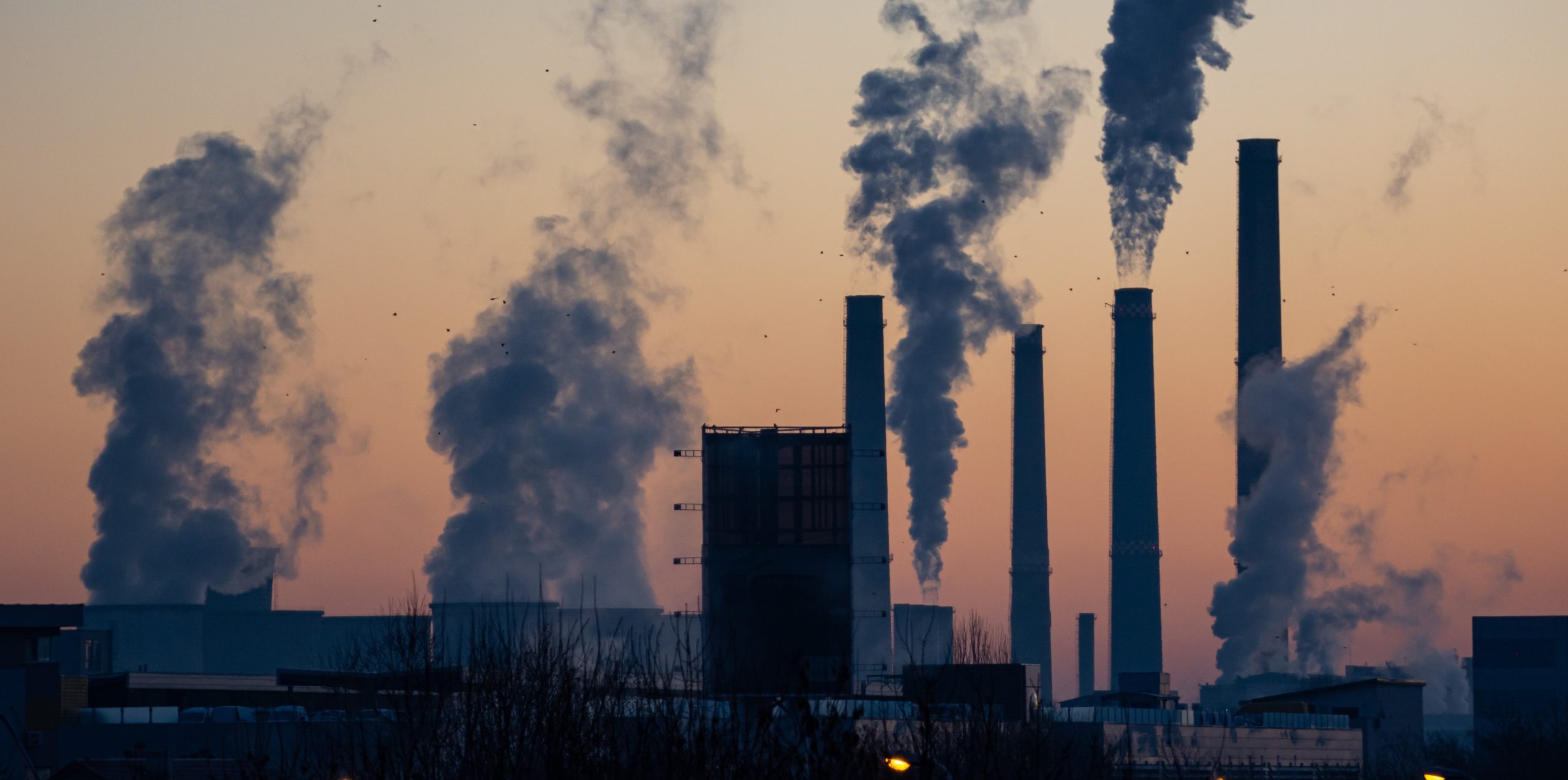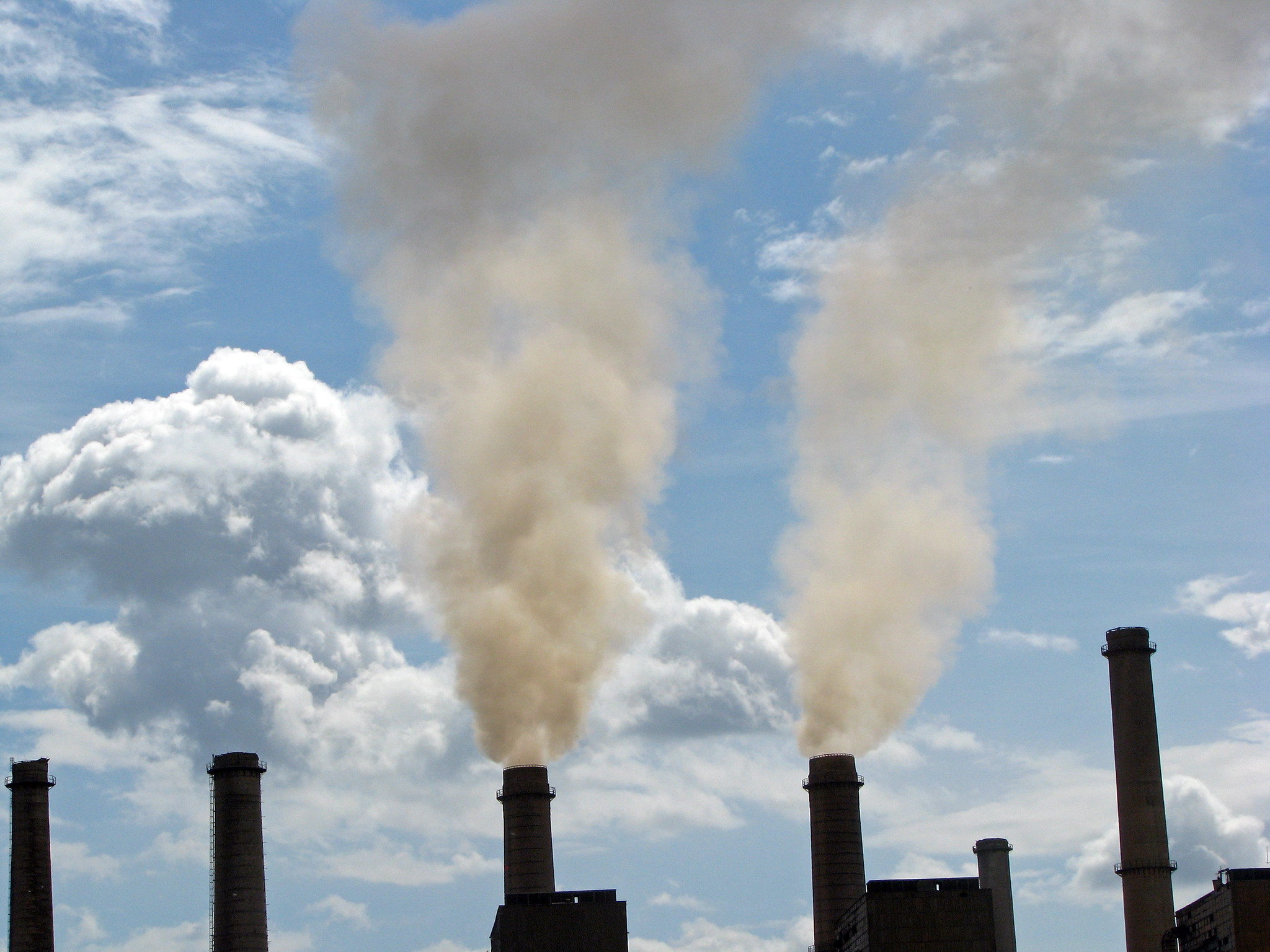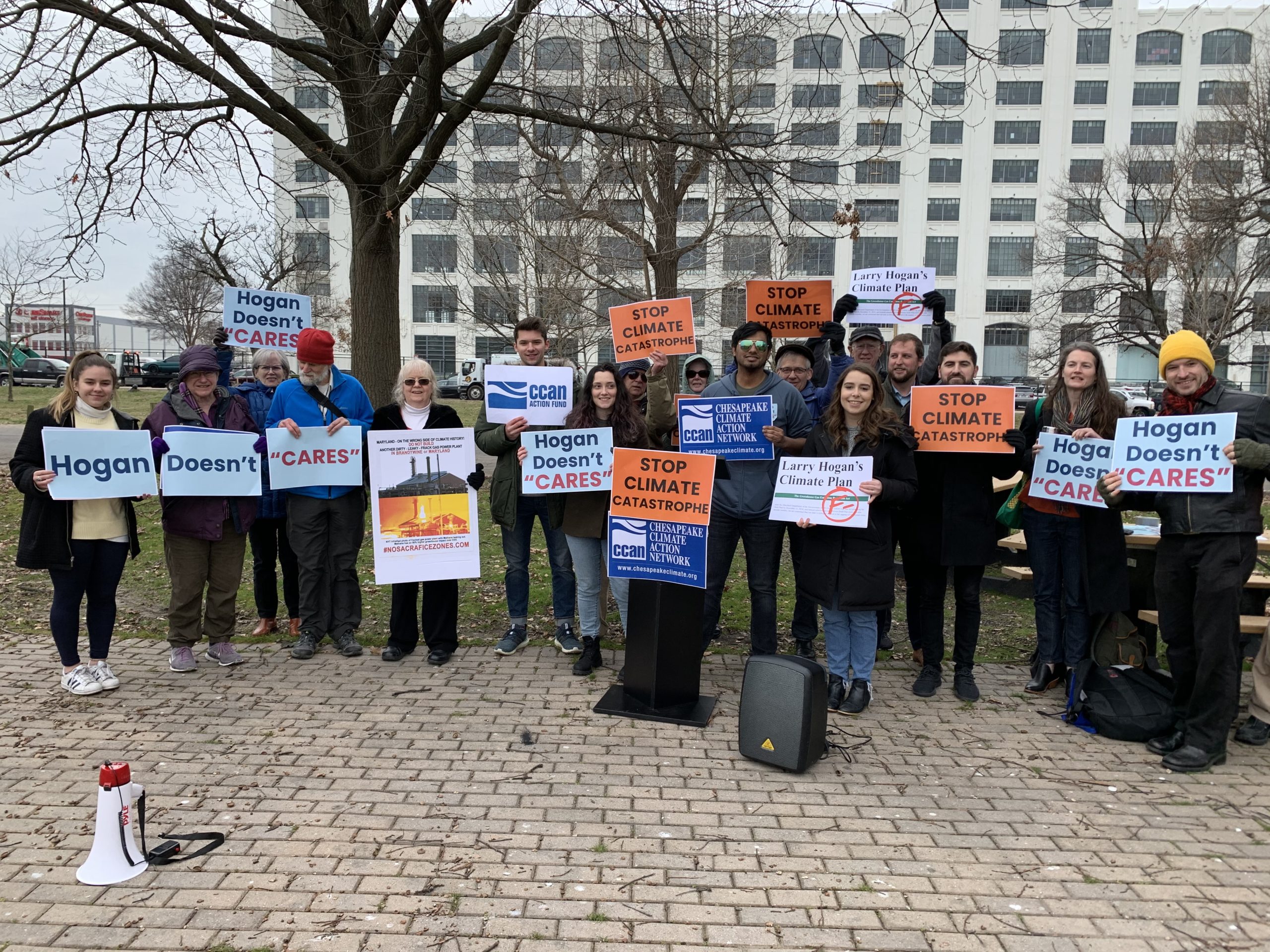CCAN applauds the 4-1 decision and calls on the PSC to do more to unlock offshore wind power and address a backlog of solar farm projects across Maryland
TAKOMA PARK, MD — The Maryland Public Service Commission (PSC) today voted 4-1 to approve a long-delayed wind farm project on Dan’s Mountain in Allegany County. The 70-megawatt project will create hundreds of jobs and provide a million dollars per year in tax revenue for a county hit hard by the ongoing COVID-19 recession.
Now the Commission must turn its attention to speeding up the approval process for a backlog of solar energy projects in the state and assisting state legislators in maximizing Maryland’s offshore wind power potential against threats from the Trump Administration.
Statement from Mike Tidwell, director of the Chesapeake Climate Action Network:
“The Maryland PSC did the right thing today in approving the Dan’s Mountain wind farm. The project is supported by the Western Building Trades Union and will create hundreds of good-paying jobs while cleaning up our air and reducing climate emissions. The irony of this 70-megawatt project sitting atop land formerly stripped-mined for coal is not lost on Marylanders, especially young people who can now better glimpse a clean energy future.
“But now the PSC must further unlock that future. Annapolis legislators are asking the PSC to help advance 400 megawatts of offshore wind power with 2,000 new jobs at stake. Plus the PSC must act faster to unlock a backlog of delayed solar projects across the state, caused in large part by the slow action of a state entity called the Power Plant Research Project.
“As for the Dan’s Mountain wind farm, we believe the PSC struck the right balance in weighing the economic and environmental benefits of the project versus the legitimate concerns of some local residents who fought long and hard against the project. Some of those opponents have fought shoulder to shoulder with CCAN against fracked-gas pipelines in Western Maryland and in favor of a fracking ban. We respect those opponents and their concerns about wind power. But we are convinced that, in the fight against fossil fuels and for the long-term preservation of our Appalachian Mountains, land-based wind farms have a role to play when properly sited and carefully regulated. Again, we believe the Maryland Public Service Commission struck the right balance today and should be applauded.”
Background:
Solar Delay: The PSC and the Power Plant Research Project are dragging their feet on acting on more than 40 “shovel-ready” solar projects. It now takes 1.5 years on average to get a solar farm approved in the state. The wait is longer than in most states and is undoubtedly discouraging new companies from coming here.
Threats to Offshore Wind: in December 2019, the Federal Energy Regulatory Commission approved a plan to subject certain energy generation technologies to a high and arbitrary Minimum Offer Price Rule (MOPR) requirements in their bids in the PJM capacity market, of which Maryland is a member. As a result, technologies like offshore wind could be entirely excluded from this market. A group of 62 Maryland State Delegates have asked the PSC to move as quickly as possible to adjust the guidance on the open offshore wind-bidding process, to request that bidders submit contingency bids outlining one proposal without capacity payments and a second with capacity payments.
CONTACT:
Denise Robbins, Communications Director, 240-630-1889, denise@chesapeakeclimate.org
Mike Tidwell, Director, 240-460-5838, mtidwell@chesapeakeclimate.org
###
The Chesapeake Climate Action Network is the first grassroots organization dedicated exclusively to raising awareness about the impacts and solutions associated with global warming in the Chesapeake Bay region. For 17 years, CCAN has been at the center of the fight for clean energy and wise climate policy in Maryland, Virginia, and Washington, D.C.










